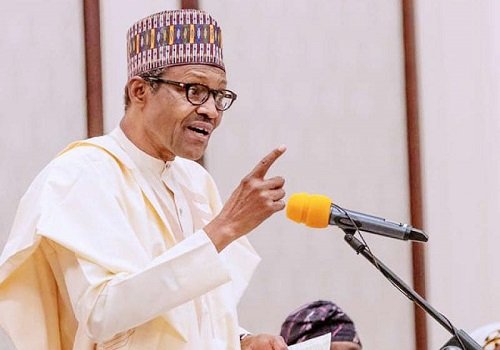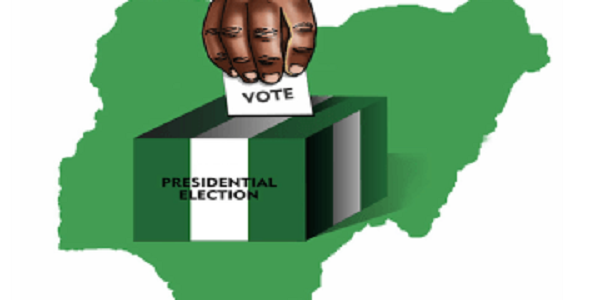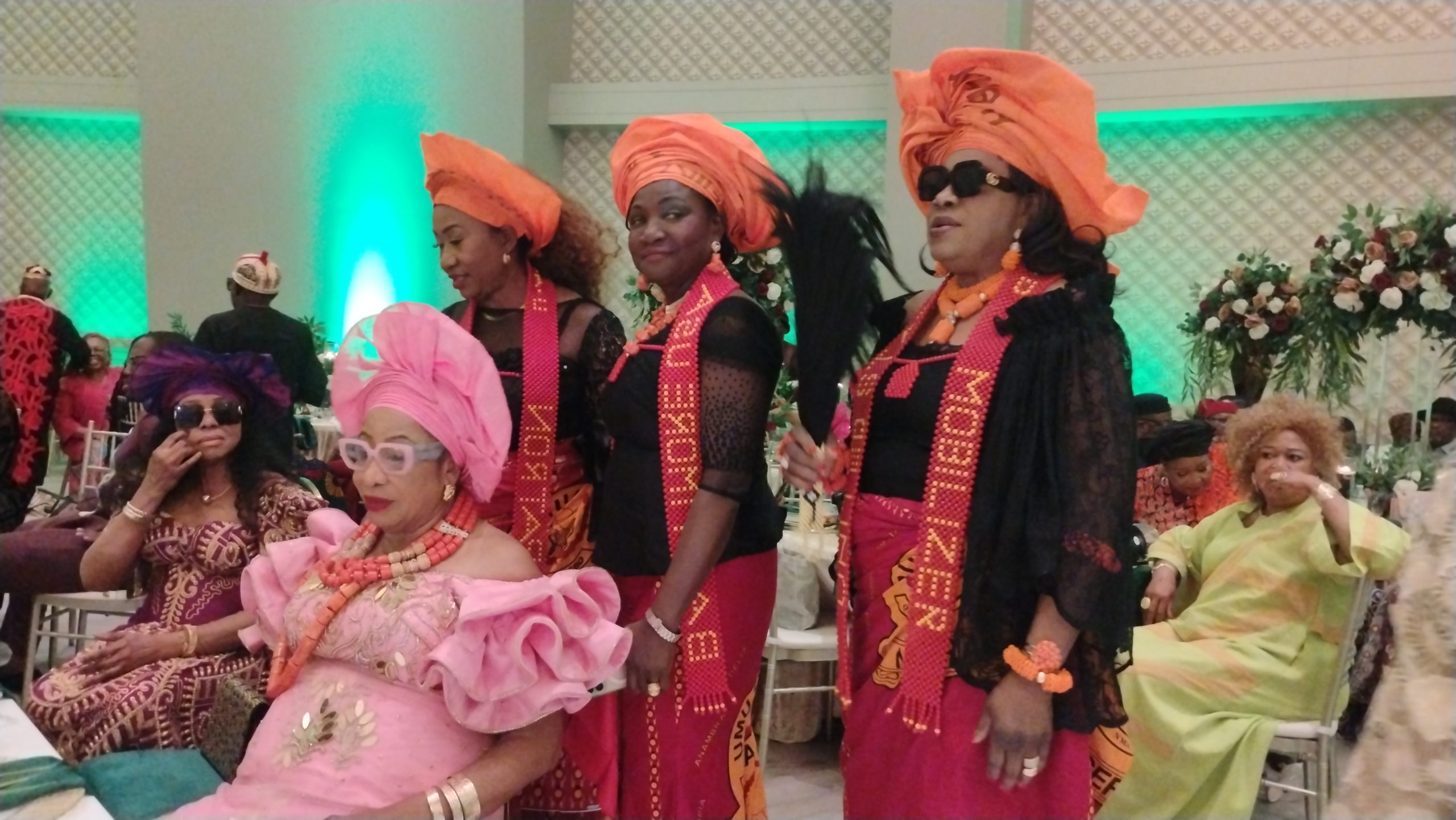Further Much Ado About Zoning

The ongoing fuss in the polity vis-à-vis zoning of high political offices – both within the two leading political parties and elective offices against 2023 – is no doubt a source of concern to keen watchers of political phenomenon in the country and it deserves informed comments and analyses. While the ruling party (All Progressives Congress) APC has wriggled out of the controversy, the main opposition party (Peoples Democratic Party) PDP is still enmeshed in the polemic. The way and manner the issue is resolved will go a long way in determining the political fortune of the party (i.e. PDP) in next year’s general elections. The stability of the federal structure is also incumbent on how fair and just the zoning principle is applied.
Undoubtedly, it is an issue that Nigerians cannot run away from. The existential reality of Nigeria’s plural and deeply divided society makes it a recurring decimal. A country with about 400 ethnic groups and nationalities coupled with babel of voices and subscribing to a multiplicity of religious faiths in a secular context is prone to what scholars regard as hyper-ethnic instability syndrome. More so, that all the ethnic conglomerates consider themselves biologically, culturally, linguistically and socially distinct from each other and most often see their relations in actual or potentially antagonistic terms.
The fuss about zoning is not a new development as its genesis dates back to the 1914 amalgamation which was regarded as ‘the mistake of 1914’. Ever since, public policy makers and political elites have not been able to disentangle the contraption that evolved into the current convoluting federal arrangement. As at 1960 that the country attained ‘flag’ independence, Nigeria was saddled with an arrangement that violated the basic rule of federal proportionality; the Northern Region till date despite states and local government creation exercises is equal to the two regions put together, that is, Western and Eastern Regions! The asymmetric federal structure bequeathed to the country by British colonialists and enshrined in the constitution has been the Gordian knot of Nigerian political processes ever since!
The concomitant effect of the imbalance led to the 30-month agonizing civil war between 1968 and 1970. Consequent upon the civil war, the recommended political remedy by the ruling class put emphasis on North-South equilibrium and later East-West equilibrium too in terms of state creations. But the unintended outcome of both the exercises – states and local government creations – eventually led to northern advantage over the rest. The other prescription – Federal Character Principle – also has the direct effect of directly giving more empowerment to the north in the federal service. What a dilemma?
In a perceptive work, an Emeritus Professor of Political Science, John Ayoade, noted that the constitutional clause of federal character was interpreted to mean the representation of all states of the federation in the organs of the federal government. This then meant that the north was represented in the ratio 19:17 (52.8%) of public posts. This situation is further complicated by the fact that arithmetical justice does not necessarily translate into power equality for the members. Reason being that the content of power varies from office to office. Therefore, the Minister of Finance is not a power equivalence of the Minister of Information. Likewise, an ambassador to the United States or Germany cannot be equated with an ambassador to Ghana or Gabon. For federal character to approximate to the equal weighting that the framers of the constitution envisaged the problem of measurement must be addressed. This will be a tortuous process and Nigeria is not known for handling matters of delicate political details.
In practical reality, the extra-constitutional and unwritten understanding of the zoning of high political and party offices fall short of correcting either error of the constitution or those of constitutional practice as stated above. The political parties subscribed to the gentlemen’s agreement that high offices will be rotated. Meanwhile, there are two main reasons why no one can bet on this arrangement. First, zoning is based on the assumption that politics is a preserve of gentlemen. Nigerian experience has shown that it could cease to be an agreement on the absence of gentlemen. That is exactly what is playing out with the PDP now. The second reason why zoning is not fool-proof is that in a multi-ethnic political environment where each party has its own zoning formula, zoning may not work as the same zone endorsed another political party may still produce the president. That is, should the North swing their votes to support any northern candidate from PDP, then the so-called zoning arrangement becomes disrupted. In essence, the absence of coordination may neutralize zoning as the situation is today with the PDP.
Nonetheless, one major challenge zoning is facing in contemporary Nigeria is its pragmatic nature. The idea of North/South is no more feasible. The North is far from being monolithic. The spate of ethno-religious and communal violent crises in virtually all zones of the North has compounded the problem. In the South, zoning is much more problematic. With Southwest, Southeast and South-south regions, the South is far from being monolithic too. Nigeria needs a delicate balancing act for proper coordination of the system!
With the Southwest having produced Chief Olusegun Obassanjo, Dr. Ebele Jonathan from the South-south, so far the Southeast is in the limbo and agitating. Hence, the North/South divide may not be good enough for a zoning mechanism that may enhance national integration. The magnitude of ethnic matrix makes North/South divide unworkable.
Be that as it is, one of the perennial problems which has not only defied all attempts at permanent solution but also has a tendency to evoking high emotions on the part of all concerned (each time it is brought forth for discussion or analysis), is the issue of federalism and equitable power-sharing since 1960. What is incompatible, however, with federalism is for a geo-ethnic zone to be hegemonic and domineering for a very long time for whatever reason(s). It is for this reason that Abacha junta came up with both administrative and political division of the country into six zones viz: North-West, North-East, North-Central, South-West, South-East and South-South zones. Perhaps until constitutional amendment is done, to lend credence to this proposition; coupled with single term of five years presidency that the disparate ethnic conglomerates may be at peace and be delivered from the perceived sense of domination and marginalization.
Conclusively, one can now appreciate the dilemma of PDP vis-à-vis zoning. For the party to naively handle zoning may lead to its political ‘funeral’ in 2023 while APC too that zoned presidency to the south may also need to be more diplomatic as the south is far from being monolithic. For federal stability equity and justice and not necessarily equality are imperative.







